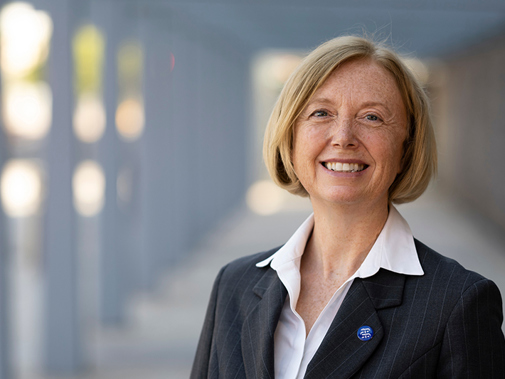Mae hen wlad fy nhadau yn annwyl i mi. Dyma fy adroddiad o Gymru
Good morning Chair and representatives
Here is my report from Wales.
Wales has a population of approximately 3.1 million people, with 21.4% of the population aged 65 years old and upwards, accounting for the highest proportion of all UK countries. 8% of the Welsh population has diabetes, with an increasing annual trend and the highest prevalence in the UK.
62% are overweight or obese and 19% smoke, with just 2.9% of smokers accessing smoking cessation services. Lung cancer remains the biggest cause of cancer death in Wales, with a 14.5% survival at 5 years, compared with 16.2% in England.
The average life expectancy in Wales is lower than the UK average of 81.77 years old, with the UK ranking 29th overall worldwide. For context, the UK was the sixth largest global economy in 2021.
The number of hospital beds continues to reduce, with a rise in day case procedures cited as the rationale, instead of the subtitle of rationing. Seven years ago, BMA Cymru Wales stated: "Demand within the health service is now so great that hospitals are full all year round, preventing the system from coping with a seasonal spike in demand". That was before the Covid-19 pandemic. The NHS was in no fit state to cope with a sudden and sustained surge in healthcare service demand.
What response have we seen to deal with this predictably increasing healthcare demand, exacerbated by the unexpected challenge of the pandemic?
For Wales, in the last 10 years, the number of patients registered at GP practices has increased by around 3%, but the equivalent number of full time GPs has reduced by around 22%. This means that GPs in Wales now look after a third more patients than they did 10 years ago.
The GMC's barometer survey of over 4000 doctors demonstrates that 70% worked beyond their rostered hours on a weekly basis, with a third more doctors reporting that they were no longer able to cope with their weekly workload. 15% of doctors were taking hard steps to leave the NHS- more than double the 7% of the previous year. One in four doctors were judged as being at high risk of burnout, according to the GMC, with disabled doctors disproportionately pressured with workload demands.
NHS Wales vacancies were estimated at 8.9%, with the estimation being a substitute for hard data. We do not actually know the true number of doctors required to deliver reasonable health care and without safe staffing numbers, we cannot calculate the number of doctors needed to deliver reasonable health care. We continue to lobby Welsh Government for safe staffing levels and vacancy data.
The law of supply and demand is simple and it should apply to the NHS as well. Only, in the case of the NHS, when demand increases, there is not a proportionate increase in supply, with doctors attempting the impossible to maintain the same levels of service with less and the system in Wales being squeezed until the pips squeak. In the world of business, if the demand increases and the supply does not, the price rises. The rest of the Anglophone world recognises this, with doctors emigrating to Australia, New Zealand, Canada, Singapore, Middle East, Gibraltar, Hong Kong and the Republic of Ireland. Take a look at the number of international jobs advertised in the BMJ and it is clear that UK-trained doctors working in the NHS are being head hunted, while UK governments fail to support and retain its existing NHS staff.
In Wales, it is clear that demand for healthcare from a sick population outstrips healthcare provision, as evidenced by the data. Wales must decide how much it values its healthcare system and understand that health generates wealth generates health.
Regarding staff, our government in Wales has a formal commitment to Full Pay Restoration and we will meet again this month to operationalise this commitment.
We must retain our doctors in Wales by achieving full pay restoration, because with more doctors, we will have reduced pressure and reduced burnout. In primary care, we must see resource restoration to save general practice from its current precipitous state. With a more resilient workforce, we will need modernised resources, from virtual to tangible infrastructure and equipment. This has to happen. Full pay restoration is the first step to NHS restoration and this must be delivered now.
No government body appears to recognise the fact that it is their political failure which has led to the crisis in the NHS and social care and it is each government's duty to rectify the matter, starting with paying its staff properly.
The fact that the NHS has existed for 75 years is a cause for celebration, but its current state is a cause for dismay.
Diolch. Thank you.

We have a range of services to support you.
- Counselling
- Peer support
- UK wellbeing support directory
Call our free and confidential helpline on 0330 123 1245

